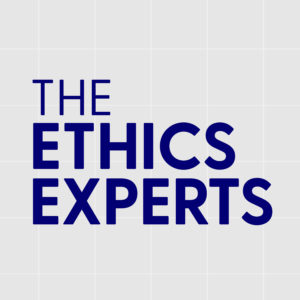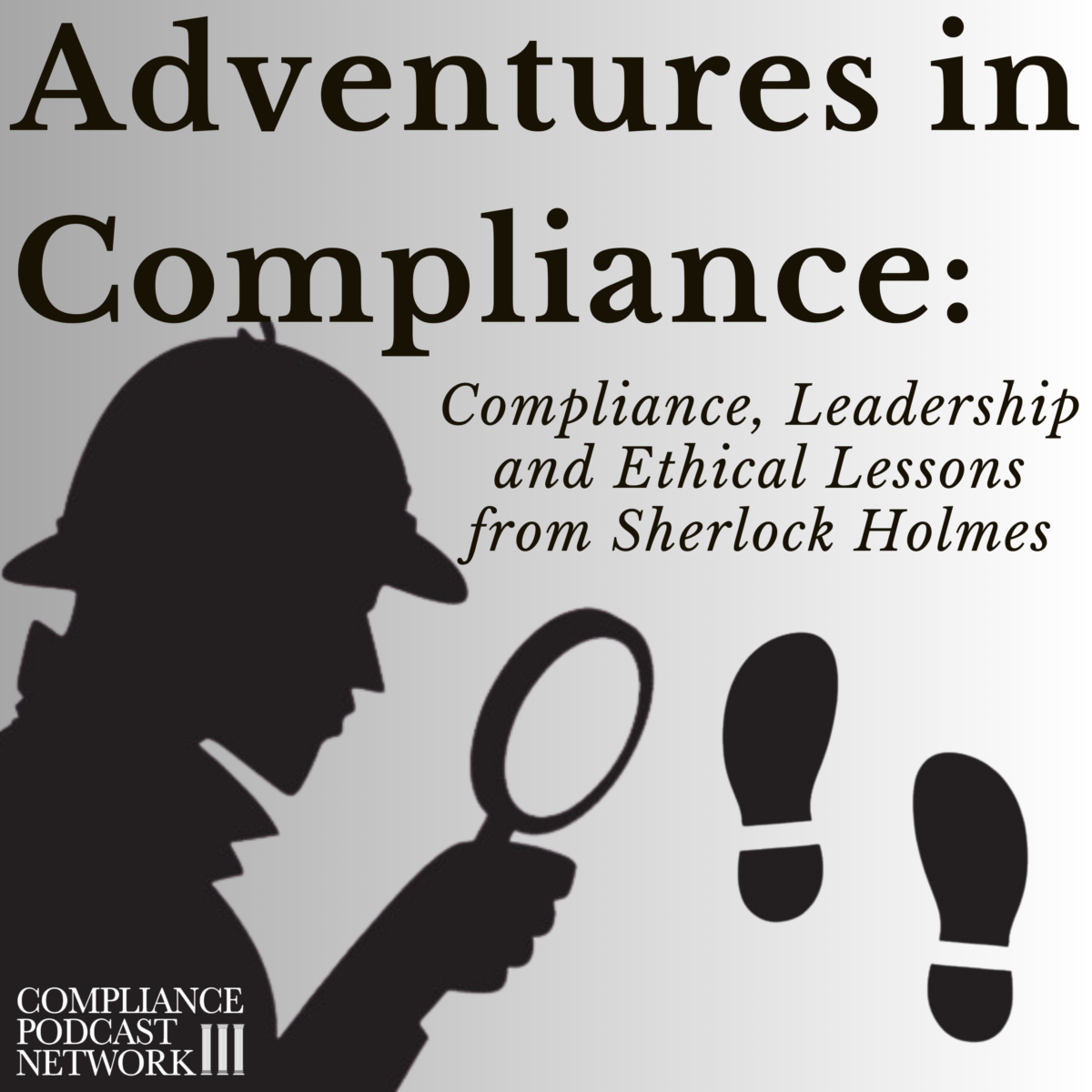In the DOJ’s 2024 update to the Evaluation of Corporate Compliance Programs (2024 ECCP), compliance professionals face new expectations that could reshape how we approach compliance programs. In this latest update, the DOJ strongly emphasizes data-driven insights, focusing on compliance culture, employee engagement, and organizational trust. This means that compliance programs must now focus on policies and procedures and prove that these practices are embedded into the company culture and yield measurable outcomes.
The implications of these new standards extend across every aspect of compliance, from audits to employee training and risk assessments. In this post, we’ll explore the key areas of the 2024 ECCP, discussing why the DOJ’s new focus on data and culture is significant and how compliance professionals can adjust their strategies to align with these expectations.
A New Focus on Data: The Backbone of Modern Compliance
One of the most critical shifts in the 2024 ECCP is the DOJ’s call for data-backed evidence of a company’s compliance culture. The DOJ now expects organizations to establish a culture of compliance and document and track its effectiveness over time. Compliance professionals are no longer tasked with simply implementing policies; they must now demonstrate that these policies have a real impact.
For example, it is no longer enough to state that employees are encouraged to report misconduct. Now, organizations must gather data to prove employees feel safe and supported when they report issues. This could include metrics such as hotline usage rates, anonymous survey responses, and feedback on trust in leadership. By collecting data on these and other elements, compliance teams clearly understand how well the compliance culture is functioning.
The DOJ’s new data-driven approach means compliance professionals must focus on metrics that reflect the health of their programs. This might include engagement levels, response times for reports of misconduct, and employee feedback on how accessible and transparent compliance processes are. Tracking these metrics not only helps compliance teams spot trends and identify areas of improvement but also provides concrete evidence of a commitment to compliance that can be shared with regulators.
The Role of Culture Audits: A Window into Organizational Health
With the DOJ’s increased focus on culture, culture audits have become an indispensable tool for compliance professionals. A culture audit goes beyond policy checks and evaluates the organizational attitudes and behaviors that define the company’s ethical framework. This includes measuring employee engagement, trust in leadership, and perceptions around compliance practices. By regularly conducting culture audits, compliance teams can identify weaknesses, reinforce strengths, and monitor shifts in compliance culture over time.
A robust culture audit can answer the DOJ’s fundamental questions: Are employees engaged in compliance efforts? Do they feel comfortable reporting concerns? Do they trust that their leaders are committed to ethical behavior? For instance, if a culture audit reveals that only 60% of employees feel confident using the company’s whistleblower hotline, it clearly indicates that improvements are needed to make employees feel safe in reporting issues.
The data gathered from culture audits provides compliance officers with actionable insights that can be used to enhance training programs, increase communication around compliance expectations, and address gaps in trust or engagement. Additionally, regular culture audits help to create a benchmark, enabling organizations to track changes over time and prove to the DOJ that their compliance culture is consistently improving.
Practical Steps for Compliance Professionals
The 2024 ECCP serves as a roadmap for compliance professionals, outlining practical ways to elevate their compliance programs to meet new expectations. Here are some key steps that can help compliance teams align with these enhanced standards:
- Implement Regular Culture Audits. Regular culture audits provide a structured way to assess compliance culture and identify trends in employee engagement, trust, and ethical behavior. Compliance teams can establish a baseline and track improvements over time by conducting these audits at least annually. Regular audits also help identify areas where further training or communication may be necessary, ensuring that compliance culture remains dynamic and responsive.
- Prioritize Data Collection and Analysis. In the era of data-driven compliance, tracking and analyzing metrics is essential. Compliance teams should focus on data points that reveal insights into the effectiveness of their programs. This could include metrics on employee trust in reporting mechanisms, hotline usage rates, participation in compliance training, and overall engagement in compliance initiatives. By collecting and analyzing this data, compliance professionals can comprehensively view their program’s impact.
- Enhance Transparency and Communication. One of the DOJ’s central themes in the 2024 ECCP is transparency. Compliance professionals should ensure that employees at all levels understand the company’s commitment to ethical behavior and know how to access compliance resources. Regular communication on compliance issues, successes, and updates from leadership reinforces the importance of compliance culture and can help build trust among employees.
- Integrate Compliance with Performance and Incentives. Companies should align performance reviews and incentive structures with compliance goals to truly embed compliance into the organizational culture. For instance, recognizing and rewarding employees who demonstrate a commitment to compliance reinforces the message that ethical behavior is valued. This alignment also signals to employees that compliance is part of the path to career advancement and success within the organization.
- Document, Document, Document. If there’s one takeaway from the DOJ’s update, it’s the importance of documentation. In the DOJ’s eyes, if it’s not documented, it didn’t happen. Compliance teams should maintain thorough records of all culture audits, data findings, responses to feedback, and improvements over time. This documentation provides a clear data trail demonstrating ongoing efforts to strengthen compliance culture, which can be invaluable in a regulatory review or investigation.
Data Is a Game-Changer for Compliance Programs
The 2024 ECCP update is a milestone for compliance programs, marking a shift toward a more holistic, data-focused approach. By placing emphasis on data, the DOJ effectively requires companies to provide concrete proof of their compliance efforts, making it clear that ethical behavior is no longer just a set of policies—it’s a measurable, evolving part of the corporate culture. This represents a major change for compliance professionals, as they must now develop skills in data analysis, culture assessment, and strategic planning.
The DOJ’s increased focus on compliance culture and data-backed metrics aligns with the broader trend toward accountability and transparency in corporate governance. Compliance professionals who embrace this shift will be able to strengthen their programs, foster a more ethical workplace, and reduce their organization’s risk of regulatory scrutiny. By taking proactive steps to meet these new standards, compliance teams can also build trust with employees, investors, and regulators, creating a foundation of integrity that benefits the entire organization.
Turning Compliance into a Competitive Advantage
The DOJ’s 2024 ECCP update is not simply a set of new requirements but an opportunity for compliance professionals to elevate their programs, demonstrate value, and create a culture where ethical behavior is embedded into the organizational DNA. By focusing on data, conducting regular culture audits, and aligning compliance with incentives, compliance professionals can turn these new standards into a competitive advantage.
For compliance professionals, the ECCP update provides a clear framework for fostering a dynamic, responsive compliance culture that meets and exceeds regulatory expectations. By staying ahead of these changes, compliance professionals protect their organizations and position themselves as strategic leaders who understand the evolving nature of compliance. In an era where regulators demand proof of ethical culture, data is no longer just a tool; it is the future of compliance, and those who embrace it are setting their organizations up for long-term success.











